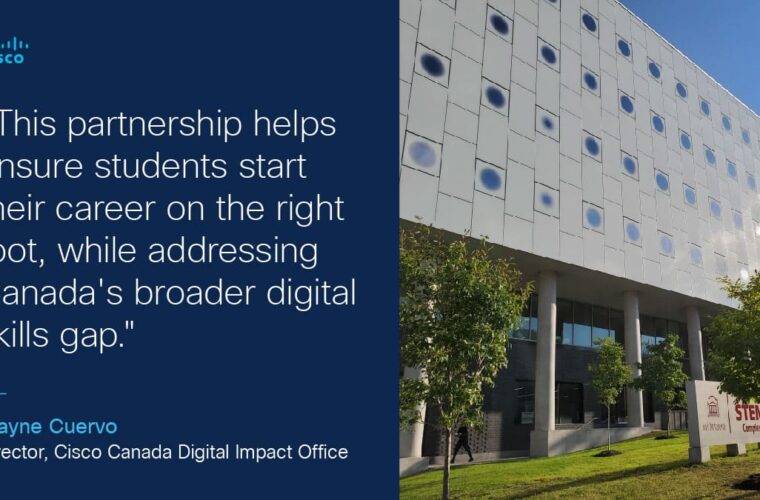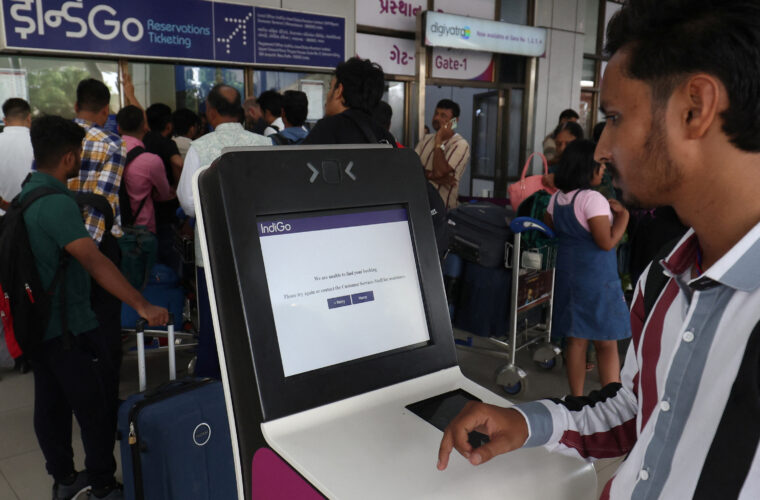The latest 2023/2024 European IT Sourcing Study, conducted by Whitelane Research, reveals that 15% of European organisations are planning to scale back their IT outsourcing expenditures, up from 12% in 2023. According to Whitelane, the study, conducted with over 2,000 participants for Europe’s “leading IT-spending organisations,” marks the highest percentage of companies intending to reduce outsourcing spend in the study’s history. The situation in the UK, Switzerland, and the Nordic countries (Denmark, Finland, Norway, and Sweden) is even more dire as more than 20% of companies plan to reduce their IT outsourcing expenditures.
Slower growth for the IT market
While the overall IT services market in Europe is still expected to grow in 2024, the pace of growth is slowing. Only 31% of organisations plan to increase their outsourcing activities, down 5% from last year. Most companies (39%) plan to maintain their current outsourcing levels. The reasons for the decrease are multiple, according to the researchers: the increasing complexity of managing third-party relationships, concerns about cybersecurity, and the growing desire for in-house control over technological functions are some of the reasons mentioned.
Moreover, the study shows that talent scarcity remains a complex challenge, with 55% of European companies prioritising access to skilled resources through outsourcing. Interestingly, cost reduction is “no longer a top three driver” for European companies to scale down, except in France, Switzerland and the UK, where it is the main concern.
Telecommunications and the public sector lead the outsourcing effort
The trend to reduce outsourcing is not uniform across all sectors. 38% of telecommunications businesses and 34% of public sector organisations are planning to expand their outsourced activities. Conversely, sectors such as energy, utilities, and retail are more likely to reduce their reliance on external providers. In the retail industry, 22% of businesses plan to insource more of their IT functions, the highest rate of any sector.


“The retail industry exhibits the highest interest in insourcing, with 22% of respondents indicating they will outsource less. Conversely, the public sector shows the least inclination towards insourcing, with only 12% planning to outsource less,” the study explains. For example, in Spain, major retail and financial companies are increasingly looking to bring more IT functions in-house due to the need for better control over sensitive business operations and the escalating threat of cyberattacks, such as the ones that happened to Telefonica and Banco Santander.
Security and Automation Lead Investment Priorities
Despite the slowdown, companies continue to invest in IT, with a primary focus on cybersecurity and automation. Over 60% of businesses across the continent are planning to boost their cybersecurity capabilities in the next two years. This shows that IT budgets, as well as innovation budgets, are resilient; 73% of companies plan to increase their R&D spending, according to a recent study by Ayming’s International. Automation is another interesting investment area for businesses, with 57% and 45% “plan to migrate core business applications to the cloud”, according to the study. According to Whitelane, artificial intelligence (AI) is not a top priority for most companies. Only 14% of businesses report that AI is having a significant impact on their operations, and many are still in the exploratory phase.



